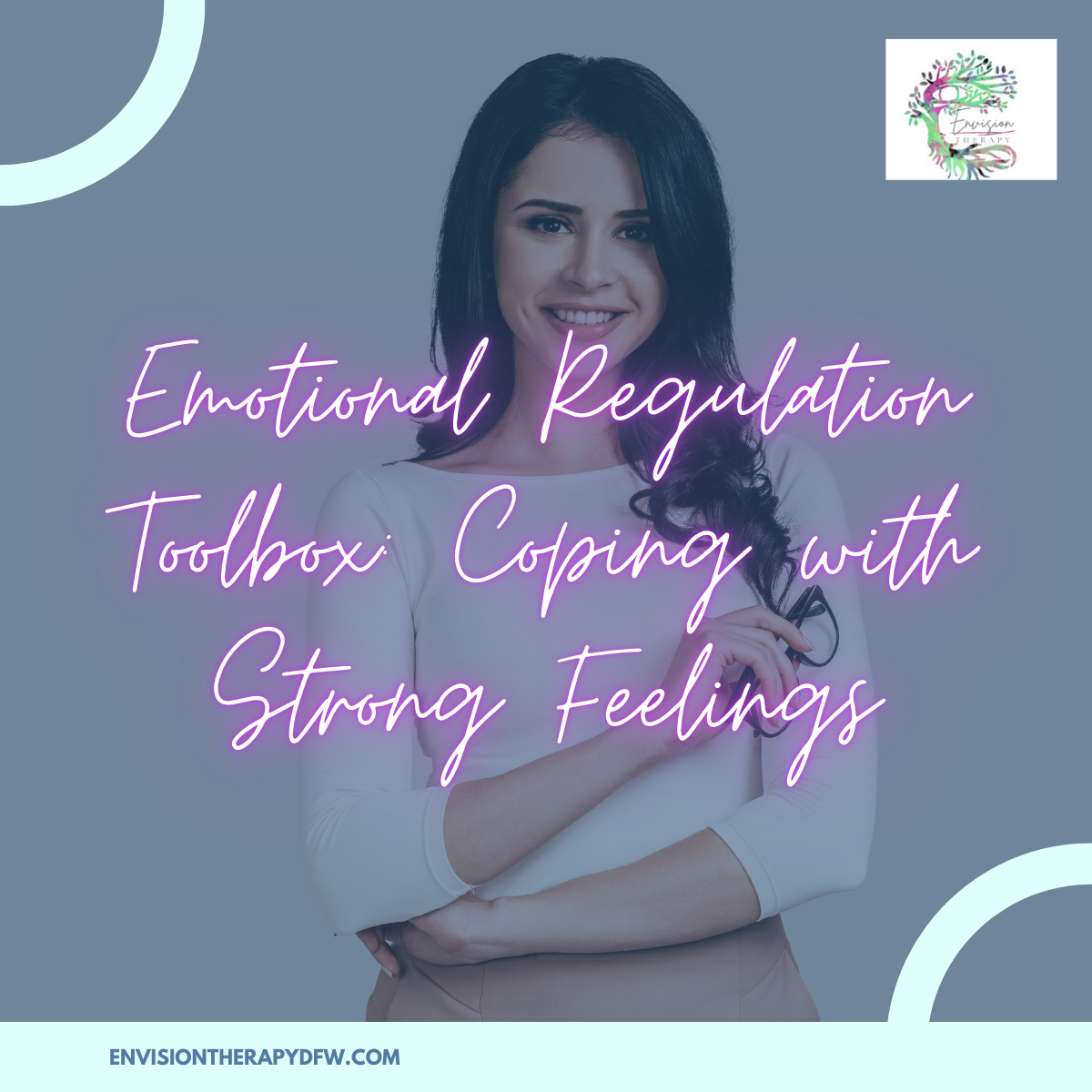-
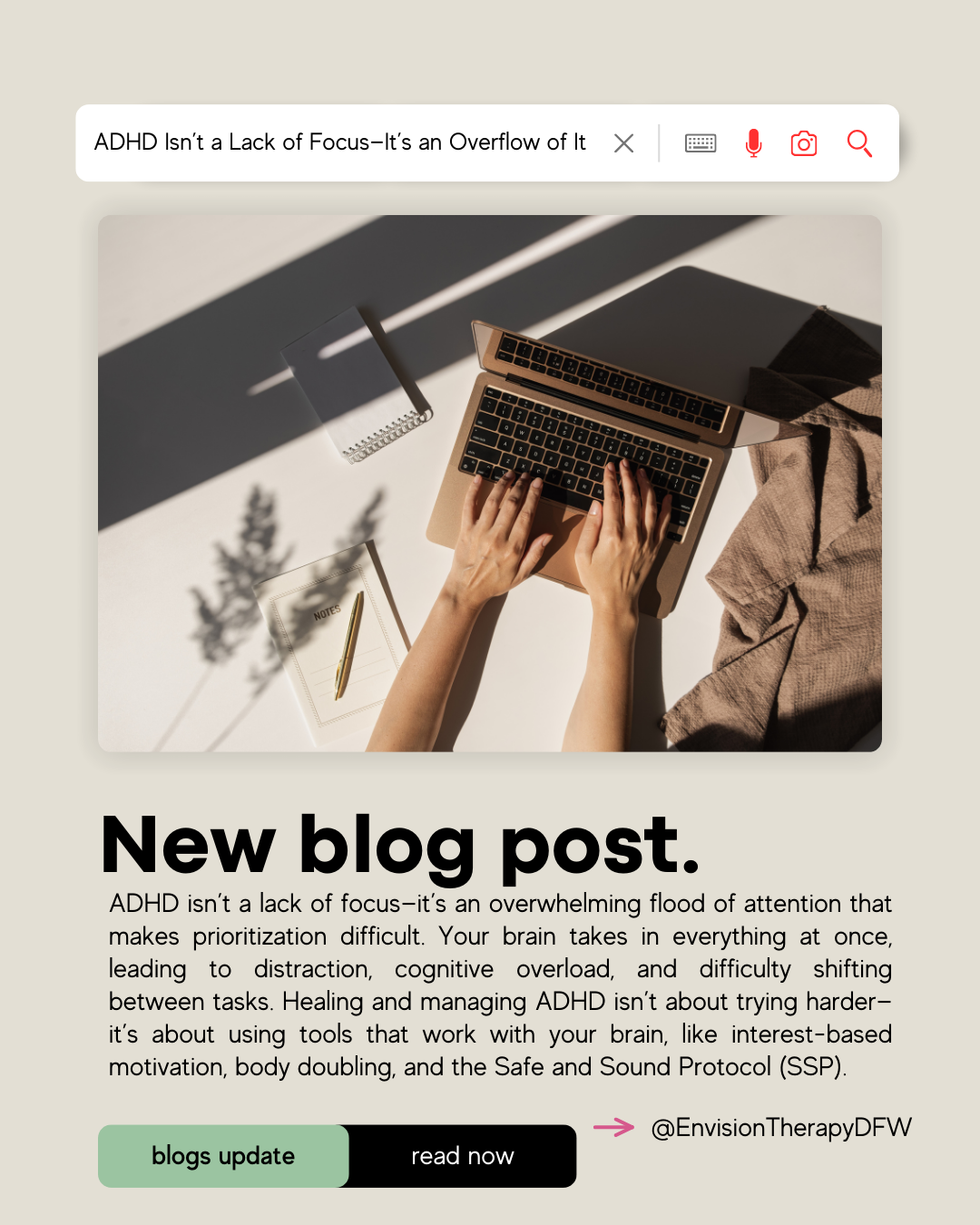
ADHD Isn’t a Lack of Focus—It’s an Overflow of It
•
ADHD isn’t a lack of focus—it’s an overwhelming flood of attention that makes prioritization difficult. Your brain takes in everything at once, leading to distraction, cognitive overload, and difficulty shifting between tasks. Healing and managing ADHD isn’t about trying harder—it’s about using tools that work with your brain, like interest-based motivation, body doubling, and…
-
Why Are Young Adults Taking Longer to Grow Up?
•
Why are young adults taking longer to grow up? It’s not about laziness — it’s about extended adolescence, a phase where young people delay traditional milestones like moving out, starting a career, or becoming financially independent. In this article, we’ll break down the three major reasons for extended adolescence: brain development, economic realities, and…
-
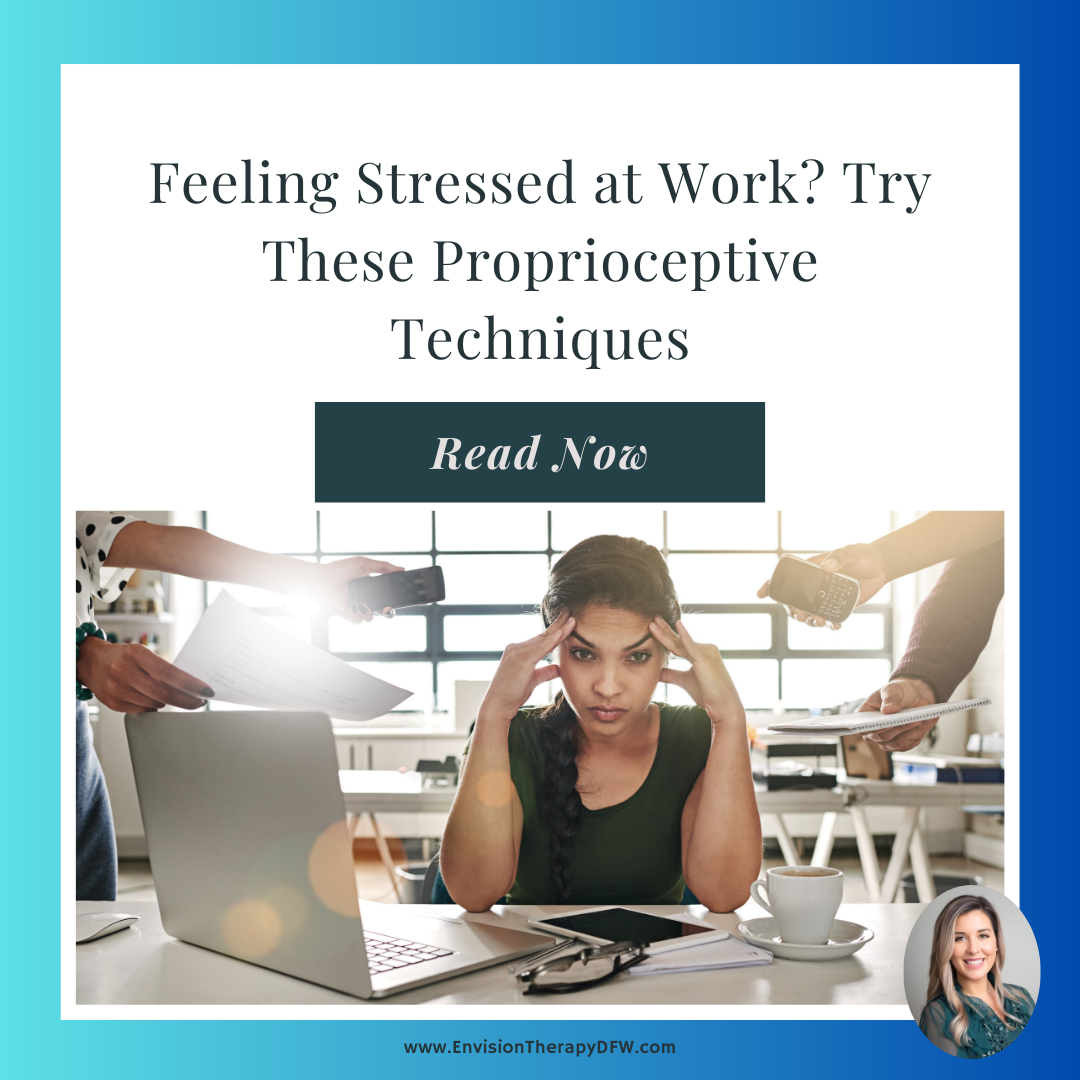
Feeling Stressed at Work? Try These Proprioceptive Techniques
•
Proprioceptive activities, or “heavy work” exercises, are simple movements that engage your muscles and joints, helping to regulate your nervous system. At work, these exercises can boost focus, reduce stress, and alleviate restlessness or discomfort from sitting too long. Whether you’re dealing with anxiety, attention issues, or sensory overload, proprioceptive techniques like wall push-ups,…
-
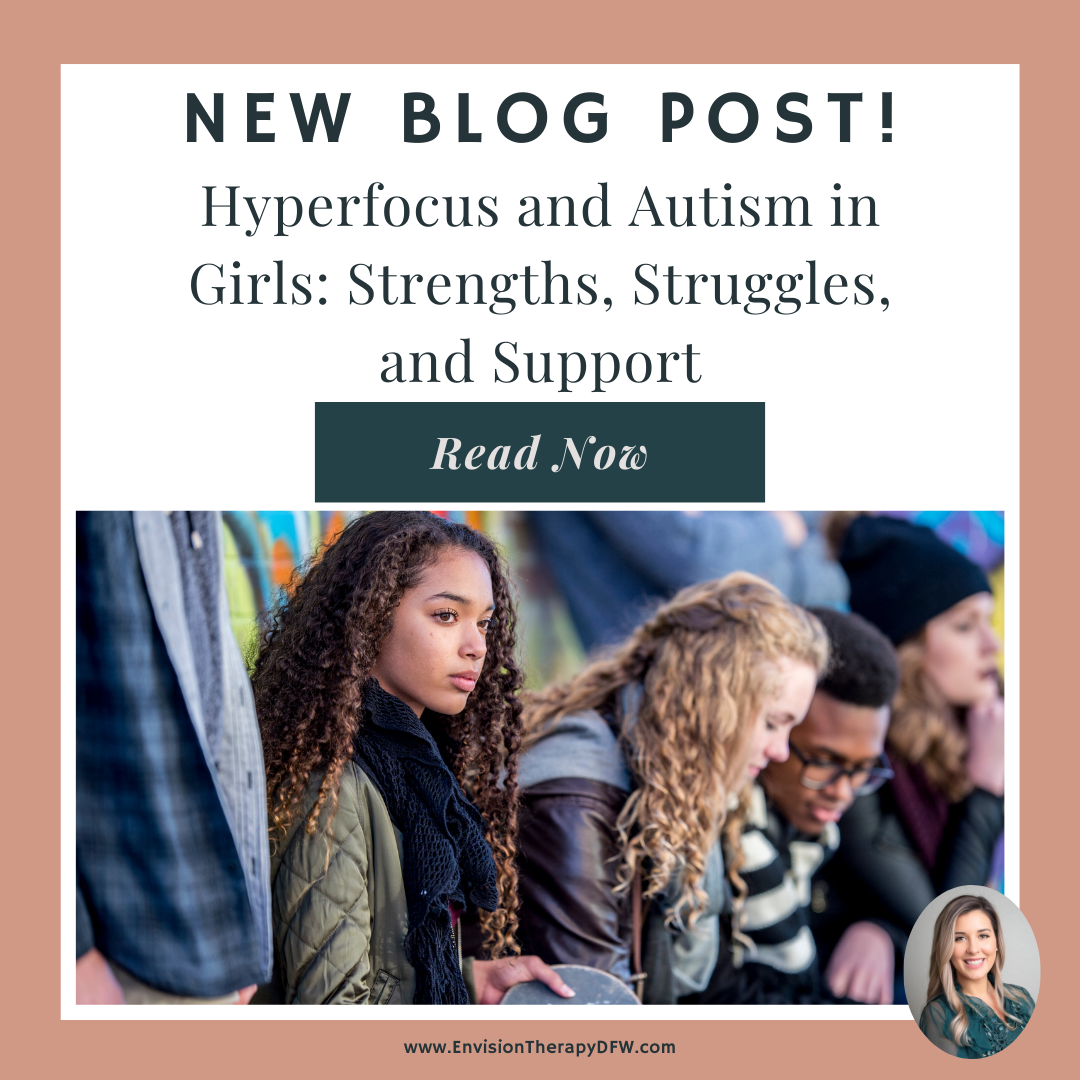
Hyperfocus and Autism in Girls: Strengths, Struggles, and Support
•
Girls with Autism often display a unique tendency to hyperfocus on specific interests, immersing themselves deeply in a topic they love. This hyperfocus can be a source of passion, expertise, and joy, but it can also lead to challenges—particularly in school, social relationships, and at home. While these girls may struggle to balance their…
-

Adjusting to Routine: Shifting from the Freedom of Summer to the Structure of School Days
•
Adjusting from the freedom of summer to the structure of school days can be challenging, but with the right strategies, you can make this transition smoother for your child. Start the transition gradually, create a structured environment, incorporate breaks and downtime, and use creative strategies to engage your child. Tailor your approach to meet…
-
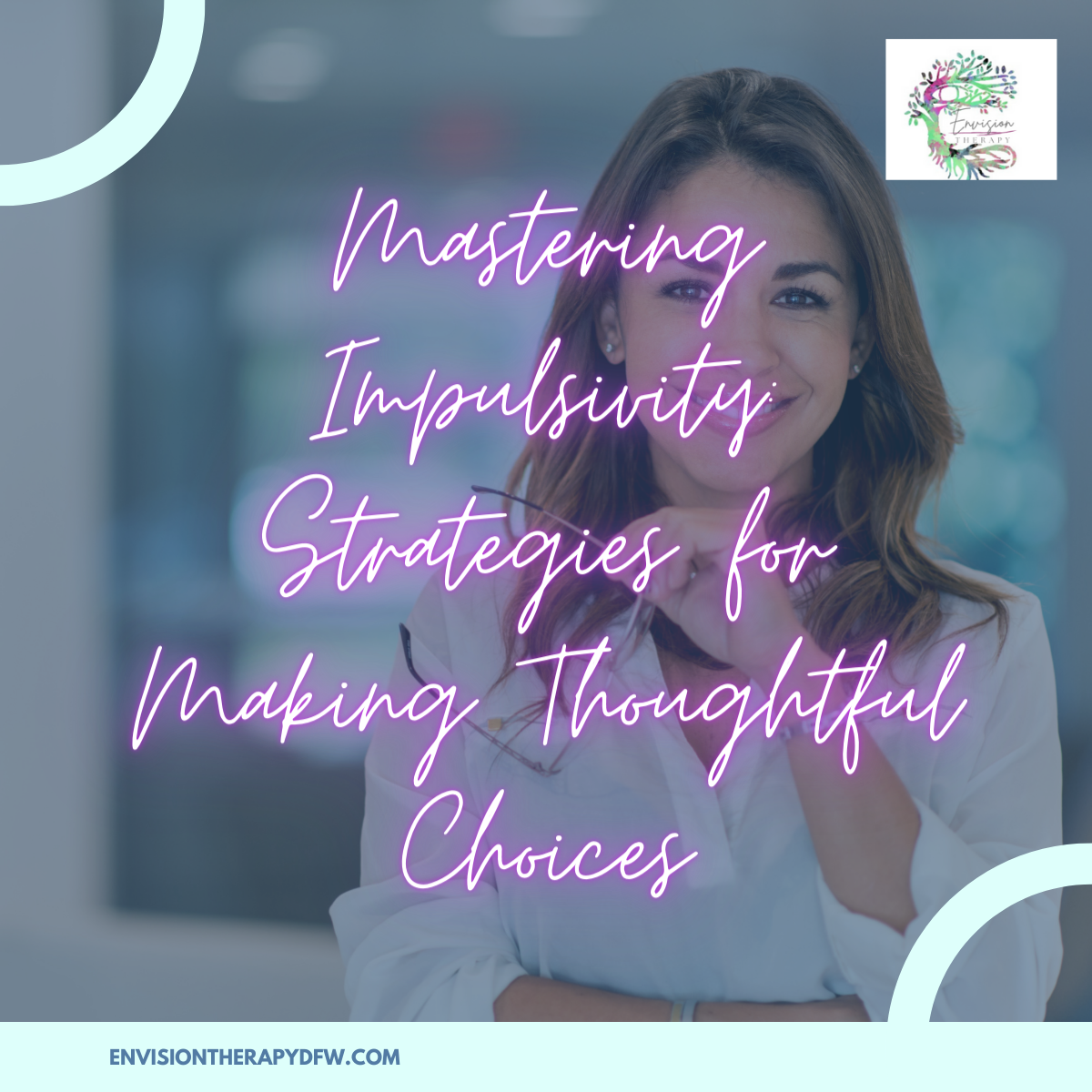
Mastering Impulsivity: Strategies for Making Thoughtful Choices
•
Impulsivity can lead to hasty decisions and regret, especially for adults with ADHD. This article offers practical strategies to help you manage impulsive behavior and make more thoughtful choices. Learn to pause and reflect before acting, use positive self-talk, develop a structured decision-making process, set clear goals, create a supportive network, practice mindfulness, limit…
-
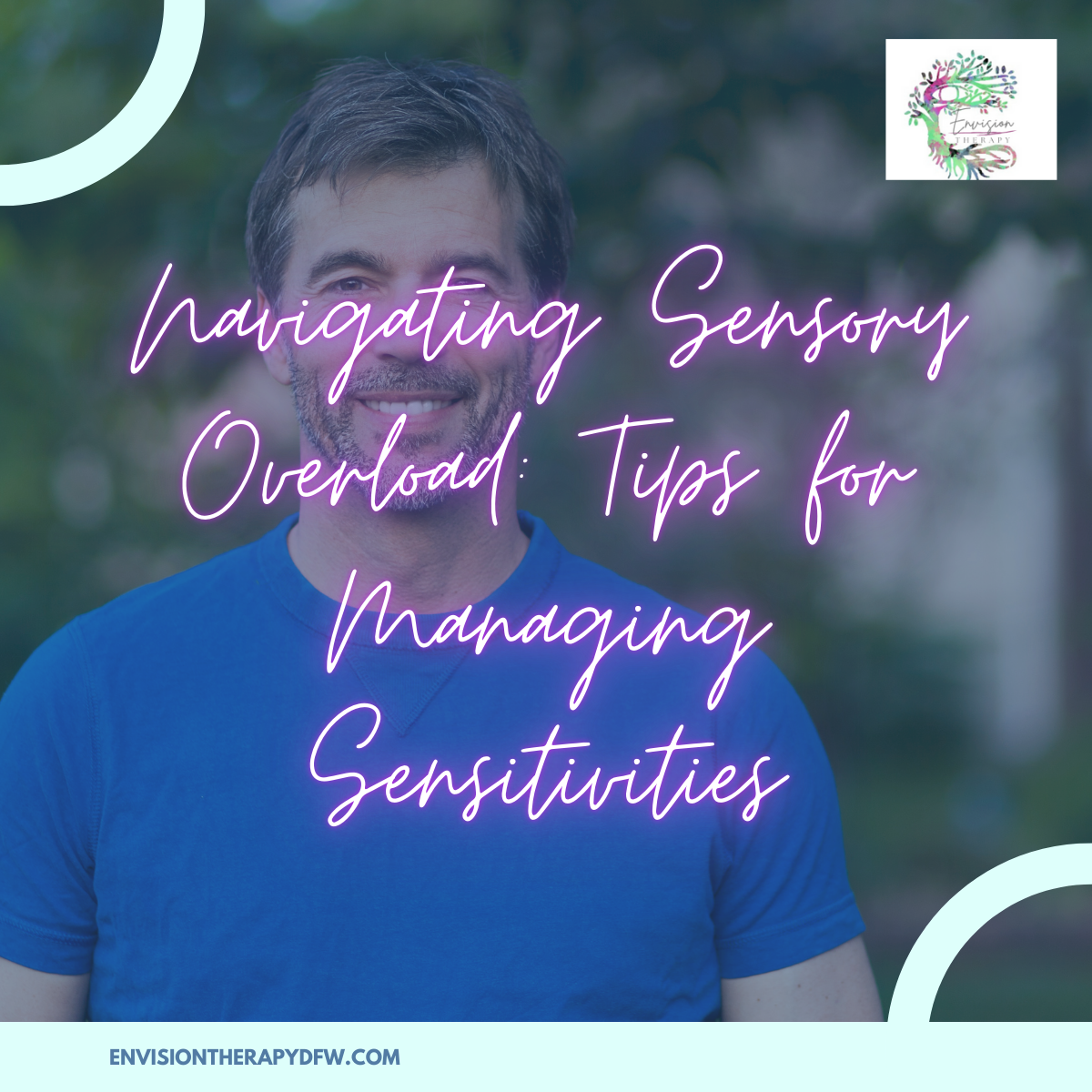
Navigating Sensory Overload: Tips for Managing Sensitivities
•
Living with sensory sensitivities can make everyday experiences overwhelming. For those with ADHD and Autism, navigating a world full of sensory input can be particularly challenging. Learn practical strategies to manage sensory overload, including creating a sensory-friendly space, using noise-canceling headphones, wearing tinted glasses, carrying sensory tools, practicing deep breathing, using white noise machines,…
-

Executive Functioning Hacks: Organize Your Life with ADHD
•
Struggling to stay organized with ADHD? Explore effective hacks like creating a command center, using visual reminders, and breaking tasks into steps. These strategies will help you reclaim control over your daily life.
-
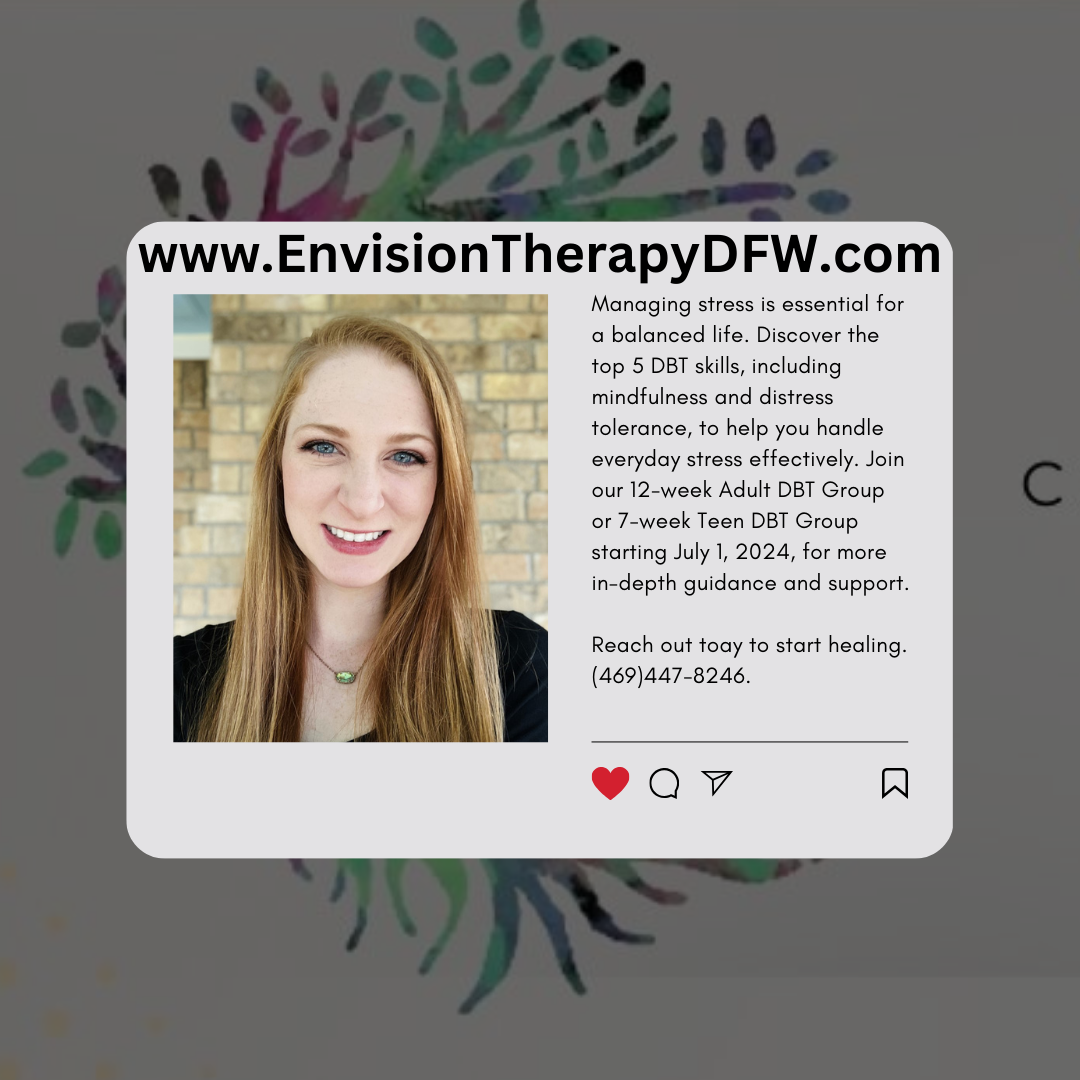
The Science Behind DBT: Why It Works
•
Dialectical Behavior Therapy (DBT) is an evidence-based treatment that has proven effective for a variety of mental health issues, including anxiety, stress, depression, and ADHD. This article delves into the science behind DBT, explaining why it works and how it can help individuals manage their emotions and improve their overall well-being. By focusing on…

